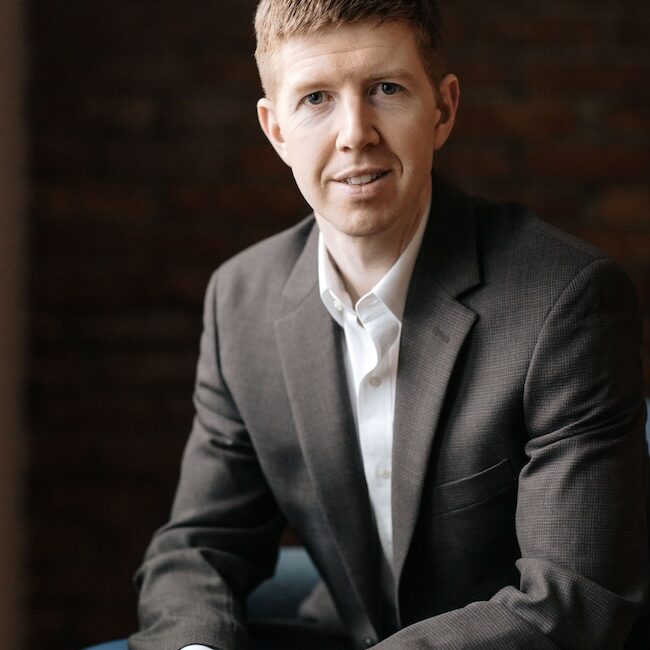
Over the weekend I tried to learn a new piece of budgeting software. Unfortunately it didn’t behave the way I expected, the help articles weren’t helpful, and I kept returning to the same dead end. I was going in circles.
Frustrated, I sent an email to the support desk asking for suggestions.
But in the process of writing the email, a surprising thing happened.
I knew I had to make my questions more specific to give the desk a chance to help me. It would be too vague to write “this is stupid, why isn’t this working?” even though that was how I felt. So I translated my frustration into a few concrete questions:
- This number in the top right, where does this come from?
- Why doesn’t it match that number over there? I was expecting it would.
- Here are a couple ideas I might try next (X, Y, Z), do you encourage these, or have any alternatives?
The remarkable part was that by taking a few minutes to turn my emotions into precise questions, I discovered things I hadn’t noticed before.
- Oh, if I click over here, this dropdown opens. That’s helpful.
- And this number doesn’t tie to the one I was expecting, but it does match that number over there. That tells me something…
By the time I hit ‘send’ on the email, I was already feeling MUCH better. I’d gone from this will never work to thinking I bet I can do this.
Part of the benefit to formulating a precise question is that it defines the issue more clearly so it’s easier to work on. As inventor Charles Kettering noted, “a problem well stated is a problem half solved”.
It also helps by transforming my emotional state from frustration to optimistic curiosity. And that unlocks my brain to use more of its capacity.
Next time you are frustrated, take a minute to ask yourself:
- What exactly is the problem I’m having?
- If I had to ask for someone’s help, how would I explain this to them?
- If an expert was here with me, what would I ask for?
——————-
p.s. – This is the kind of practice we do in my 1-on-1 coaching sessions: discovering how to shift your mental state so you can solve your problems more easily. If you’d like to try it out, go here to schedule a free consultation.

